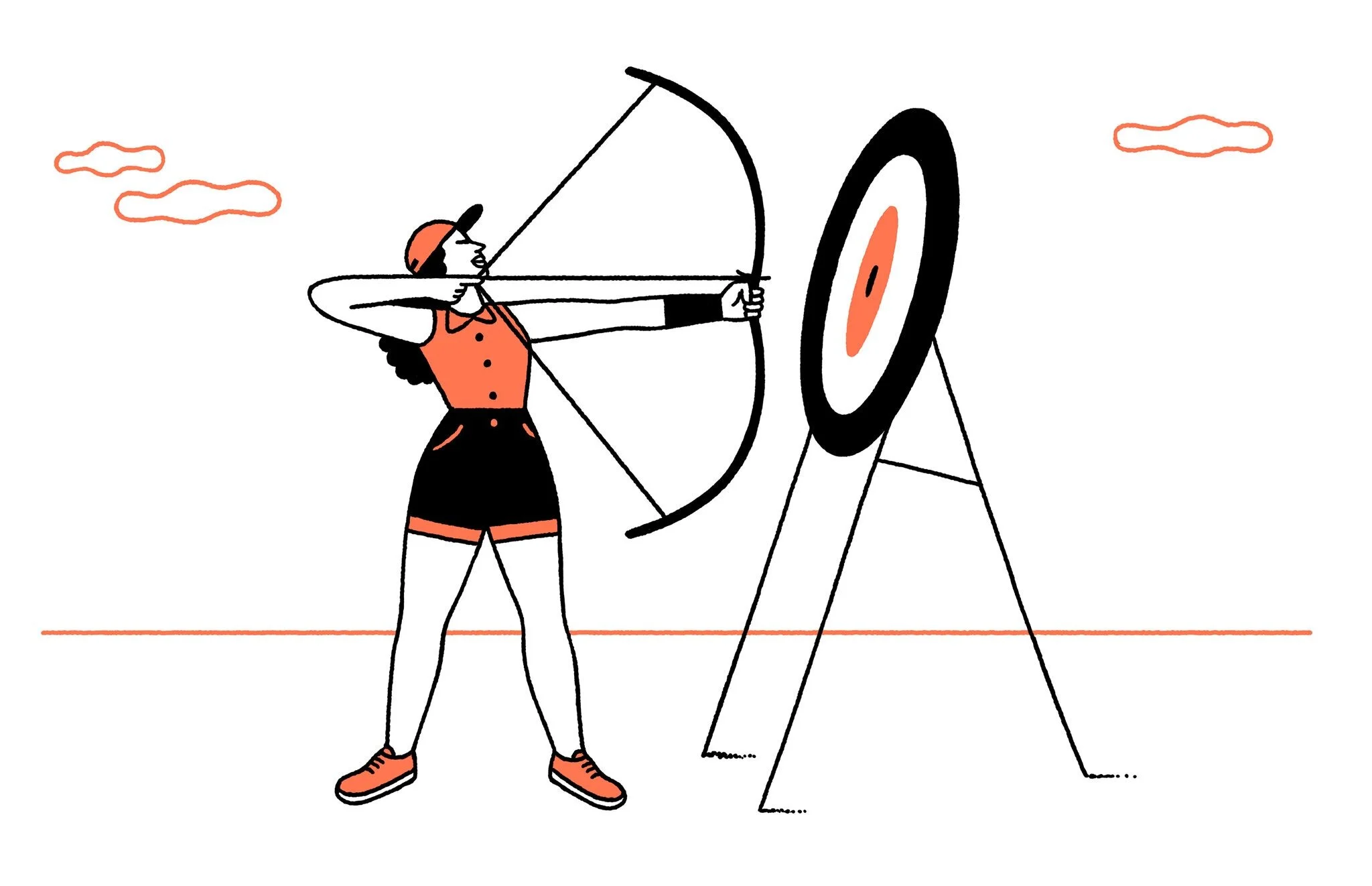By Martha C. White
Researchers find that people who set savings goals after picturing their retirement are more likely to be financially prepared
By Jason Zweig
Over-reacting to the news can poison your portfolio and sour your life. Here’s how to keep your investment plan on track.
Who will you be in 10 years? In 20 years? Envisioning how you will evolve is very hard. This hour, TED speakers share ideas on how to better plan for the future, while allowing for the unexpected.
By Hal Hershfield
Imagining a conversation with "future you" has multiple benefits for your wellbeing.
By Hal Hershfield
Many of us feel little connection with the person we’ll be decades from now. That can lead to shortsighted behavior that hurts us in the long run.
By Hal Hershfield
Mozart, the great and enduring musical genius, doesn’t conform to our stereotypical notion of a musical prodigy.
By Joe Pinsker
Time, like money, can be allocated to build wealth, meaning and happiness in the years to come.
By David Robson
We should think more about whom we'll be in the future – because doing so has profound consequences for our health, happiness and financial security.
By Angela Haupt
Have you ever had one of those days — that turned into weeks — when you had approximately 645 things to do and not a single minute for leisure time?
By Shayla Love
How we use and think about our leisure matters more than the number of hours.
By Kayleen Schaefer
Even as we are optimistic about re-emerging from this crisis, plotting the future can feel daunting or even downright impossible.
By Elizabeth Weise
If you've been waiting for a big national campaign telling you COVID-19 vaccines are safe and everybody should get them, don't hold your breath. Until the supply is plentiful, the federal effort is largely focused on minority communities hesitant about the immunizations.
By Hal Hershfield, Ilana Brody
Campaigns to change behavior thrive on three factors: social influence, social norms and vivid examples.
Story by Joe Pinsker
When we look back on 2020, will we see past all the things that didn’t happen?
By Melissa Leong
The global pandemic changed everything in 2020. Now it is going to change everything forever. This is part of "The Future of" series, in which BNN Bloomberg looks at what is next for our transformed economy and daily lives. Read more…
By Elizabeth Harris
Three savers learned some important lessons early on.
When Dray Farley was 15, he watched a video his favorite gamer had posted on YouTube. But it wasn’t about Call of Duty.
“It was how to get rich in 22 years, and the general math and concept of compound interest, the snowball effect, and how eventually your gains are making gains,” Mr. Farley said. “And that’s what first got me thinking about retirement accounts.” Read more…
By Hal Hershfield
How can we possibly grapple with the onslaught of information about virus spread, stock market nosedives, canceled plans and uncertainty about the future? Some people wallow in the fear, anxiety and sadness, checking news sites and social media constantly. Others try to suppress it all and ignore the outside world (I’m guessing that Instagram has never seen so much traffic). Read more…
By Shayla Love
In 1962, a French geologist, Michel Siffre, descended into a cave more than 400 feet below ground and stayed there for two months. He left his watch, and any other indicators of time, at the surface to experience what life was like "beyond time." Read more…
By Tim Maurer
The coronavirus is dominating our attention so pervasively in the present moment that the notion of retirement seems even more distant for savers. That’s understandable—natural, even. But it’s precisely our fixation on the present that causes us to struggle to follow through on our intentions to secure our future. Let me show you why. Read more…
By Hal E. Hershfield
When given the choice, about 85% of people say they would not want to know about some negative event far in the future. Yet in recent days more than 150 million people around the globe have downloaded FaceApp, which allows users to see how they might age in real life — wrinkles and all. Read more…
By Joe Pinsker
Up and down the economic ladder, many Americans who work—and especially those raising kids—are pressed for time, wishing they had more of it to devote to leisure activities (or even just sleeping). At the same time, research has indicated that people who are busy tend to be happier than those who are idle, whether their busyness is purposeful or not.
By Tim Herrera
I have this awful, corny joke I trot out whenever I’m glossing over details for future plans with friends or brushing off something I don’t want to deal with: “That’s Future Tim’s problem. Let that chump deal with it.” Poor, poor Future Tim. Constantly set up for failure by that jerk Past Tim. As Present Tim — who, ahem, is always on top of things — I can say that Past Tim isn’t bad. He’s just wired that way. And I’m sure as you’re reading this, a few instances come to mind of when Past You has, quite inconsiderably, set up Future You for failure. Why do we do this to ourselves? What makes us act against our own self-interest, even when we are acutely aware we’re doing so? Read more…
Story by Ben Yagoda
Science suggests we’re hardwired to delude ourselves. Can we do anything about it?
By Shlomo Benartzi
People often don’t know their true preferences. Trying them out could save you a lot of money.
By Shlomo Benartzi and Hal E. Hershfield
The answer will tell you whether you suffer an ‘illusion of poverty’ or an ‘illusion of wealth.’
By Hal E. Hershfield and Cassie Mogilner Holmes
Given the choice between more time or more money, which would you pick? For a beach vacation, you might pay more for a direct flight to gain a couple of extra hours getting sand between your toes. On the other hand, you might take a better-paying job that requires late nights at the office.
By Minda Zetlin
We face this kind of decision all the time. Pitch one more customer, or go home to an early dinner with the family? Attend a career-boosting workshop or take a badly needed vacation? Apply for that high-paying job that will have you working long hours so you can pay for your children's education, or skip it for now so you can spend more time with them?
By Carolyn Bigda, Daniel Bortz, Elaine Pofeldt and Penelope Wang
In the first three installments of the series “How to Reach $1 Million,” you learned key investing strategies for millionaires-in-the making, tips for boosting your salary, and strategic ways to lower your taxes. Part Four below offers smart ideas to inspire, cajole, or even trick yourself to save and invest more efficiently.
By Christopher Ingraham
Americans who want more time in their lives are happier than those who want more money, according to new research published in the journal Social Psychological and Personality Science.






























